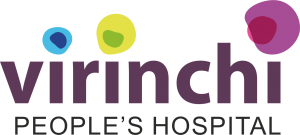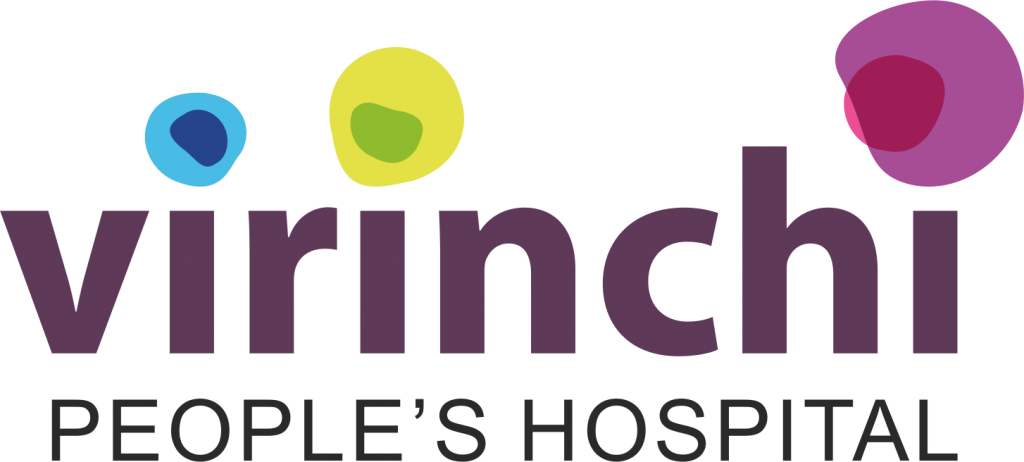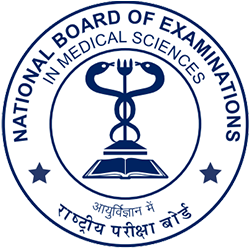Virinchi Hospitals partners with Renal Research Institute for Kidney Failure Treatments
The first joint project is to advance the allo-hemodialysis device, which is a novel, inexpensive treatment for terminal kidney failure.
Virinchi Hospitals, Hyderabad is at the forefront of providing world class treatment for kidney ailments and is leading a crusade to develop new path-breaking treatments to alleviate the suffering of patients suffering with this dreadful disease.
In these efforts it is joining hands in highly innovative, collaborative research, with the world-renowned Renal Research Institute, New York.

The first joint project is to advance the allo-hemodialysis device, which is a novel, inexpensive treatment for terminal kidney failure. This treatment has the potential to revolutionise the treatment of kidney failure worldwide, especially in impoverished parts of the world, so that no person anywhere dies for the lack of access to dialysis treatment, something that is currently elusive, primarily for economic reasons.
Leading these projects from Virinchi Hospitals will be Dr K S Nayak, a world expert in treating kidney diseases along with Prof Peter Kotanko, Research Director at the Renal Research Institute, New York. It is expected that this formal collaboration between these two leading institutions will be the beginning of many ground breaking inventions aimed at providing new and affordable treatments for kidney failure.
Description of allo-hemodialysis:
Lack of affordable renal replacement therapy (RRT), especially in limited resource settings, puts patients with kidney failure at risk of imminent death. The 2019 published Global Kidney Health Atlas projected that in 2030, 14.5 million people will have end stage kidney disease and need RRT, yet over 60 per cent (9.1 million patients) will not receive it due to economic, social, and political factors.
We propose allo-hemodialysis (alloHD) as a novel dialytic RRT modality where the patient’s blood flows in the dialyzer counter-current to the blood of a healthy subject (‘buddy’). Fluid and toxins transferred from the patient to the buddy are excreted by the buddy’s healthy kidneys. It is envisioned that, for example, a child with acute kidney failure could be treated by relatives who serve as buddies.
A range of delivery models are currently under discussion, they will highly depend on local and medical considerations. AlloHD could be delivered also at home, avoiding the costs of building and operating conventional dialysis centers.
Extensive mathematical simulations of uremic solute kinetics and alloHD prototype bench tests corroborate the feasibility of alloHD to deliver adequate RRT. Animal studies are underway to gain further insights into this novel RRT concept.
Due to its drastically reduced technical and logistical complexities compared to current renal replacement technologies, alloHD is expected to lower the costs of dialysis and make lifesaving RRT accessible in particular to disadvantaged populations.




